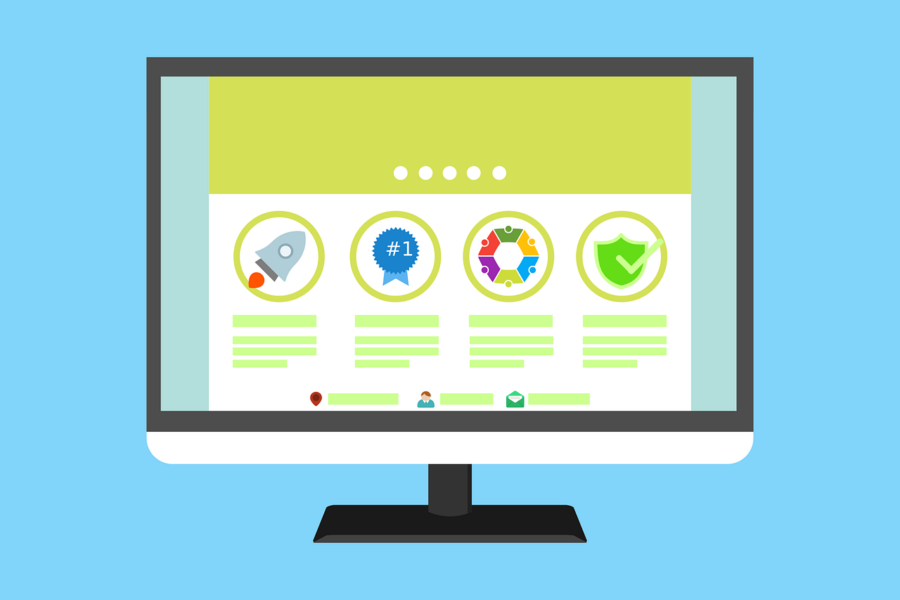
Almost everyone recommends people build their blog or website using WordPress.
In fact, even if you don’t have a site yet, I’m sure you’re familiar with WordPress.
However, if everybody’s harping about how good WordPress is, does it mean you should use it too?
At this point, you probably are aware of the benefits this CMS brings to the table. But you’re probably not aware of the inconveniences it brings to users.
In this post, let’s look at the dark side of WordPress (self-hosted and not WordPress.com) and why you should consider not using it.
The purpose of this article is not to demean WordPress, as it remains one of the best platforms out there for building an online business.
Rather, this is to inform users everything they need to know about WordPress for them to make an informed choice.
Setup and Maintenance
There’s a learning curve that you must know to set up your WordPress site successfully.
First, you need to purchase a domain and web server that you will use to host your site. Most hosting platforms have a one-click WordPress install feature, which makes the process much easier.
You will then have to change the nameservers of the domain to redirect to your WordPress site hosted in a server (if the domain isn’t purchased from the same service as the hosting).
From here, you have to ensure the safety of your site and that everything is running smoothly.
If, for example, your site breaks because of something that happened on the backend, you need to reach out to the hosting’s customer support. This can eat much of your time, assuming there’s a queue of users waiting to be serviced as well.
Suffice to say, WordPress requires your full attention and utmost care even after setting it up.
While there’s nothing wrong with this, WordPress might not be for you if you want something that requires little to no maintenance at all.
Appearance

To be clear, we’re not referring to customizing your site’s design and layout using WordPress because it’s fairly easy.
What we’re dealing with here is the eventual lack of originality your site will have.
To date, 62% of sites built using a CMS are from WordPress. That means you will have encountered a WordPress site at least once a day without you knowing it.
For obvious reasons, WordPress websites will feel familiar no matter how customized you think it is. The fact that it runs using the same platforms means that these sites will have unavoidable similarities.
Therefore, if you’re striving for originality and uniqueness in the market, you may want to choose another platform to build your site on.
Let’s face it: there’s also so much a WordPress theme can do for your site. Sure, you can make the necessary changes using code to help your site cut through the noise, but only developers will have the power to do that.
As for beginners and novices such as yourself, you risk making your site look just like every other site out there.
Malware
As one of the top CMS out there, there are lots of its detractors as well. And most of them come in the form of online threats and malware.
In fact, over 70% of WordPress sites are vulnerable to online attacks and are attacked for a variety of reasons.
Granted, there are ways to prevent this to keep your site relatively safe without constantly monitoring what happens to it.
And even if you have malware and anti-virus plugins installed on your site, there are still other ways these threats can seep into your site and wreak havoc to your files and database.
This goes back to the first point of maintaining your WordPress site – there are just too many precautions and extra measures you need to observe to keep your site running.
Final Words
As you can see, WordPress is not without its flaws as its three major disadvantages above would suggest.
It may be the best platform for people looking to grow their online business to use. But for those looking for simplicity, they may fare much better using other platforms instead.
And even then, WordPress alternatives aren’t without its faults either.
Most of the issues encountered by people using WordPress are solved by turning to website builders like Wix and Squarespace instead.
But the weaknesses of website builders are WordPress’ strengths, i.e. customization, plugins, etc.
If anything, this post is to simply remind you that there’s no perfect platform agreeable to all. You simply need to live with its disadvantages while playing